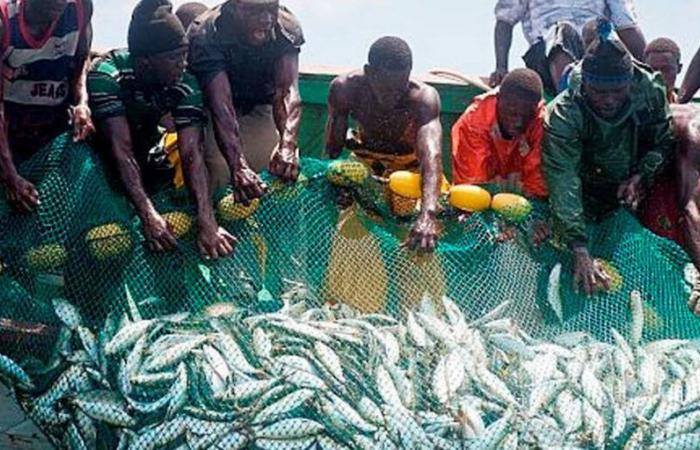The European Union announces the non-renewal of the fishing agreement with Senegal which expires on November 17, 2024. But in reality it knew what awaited it with new authorities determined to put an end to the plundering of fishing resources of the country by renegotiating or breaking its contract
As a reminder after the change in Senegal, the authorities received Mr. Charles Michel President of the European Council in a context where the new Government was raising the issue of auditing the sector and renegotiation of contracts
We also noted during this period an official outing by the ambassador of the European Union to Senegal who declared that in total, the EU paid Senegal approximately 1.7 million euros each year due to the agreement specifying that European boats were only authorized to fish for surplus stocks
He also affirmed that the EU was willing to renegotiate this fishing agreement with the government.
The fact of breaking the contract first in what can be considered as a race for time could have the objective of showing the world that it is Europe which has decided not to renew.
As a reminder, for decades, Senegalese waters have been the subject of systematic pillaging by some of our partners.
THIS IS REALLY NOT NORMAL!
The protocol with the EU worth 1.7 million euros (around 1.1 billion FCFA!) covers a reference volume of 10,000 tonnes of tuna and 1750 tonnes of black hake. That is roughly a purchase price per kg of 0.15 euros (95 FCFA). The selling price in Europe can vary between 10 to 20 euros per kilo, or between 6,560 and 13,000 FCFA. Without taking into account the risks of exceeding authorized volumes and catching other species in the context of illegal fishing.
This annual envelope is so derisory that it barely represents 2% of the budget of the Senegalese Ministry of Fisheries. It cannot even build a school or a hospital worthy of the name.
Also why refer in this agreement to “surplus stock” in a Senegalese environment marked by the scarcity of fisheries resources and threats of food insecurity?
I always wonder why the outgoing Senegalese authorities were able to sign such agreements that were objectively unfavorable to the country.
My question also concerns how the EU, so quick to recall the rules of good governance, could it have agreed to move in the direction of such a shaky protocol.
It is clear that Senegal is regaining its full sovereignty over fishing quotas sold at low prices.
What does this paltry sum of 1.7 million euros or 1 billion FCFA represent for a serious country? Nothing.






